There is no doubt that the greening of the European economy will resemble an industrial revolution. To reach its emission reduction targets by 2030 and become climate neutral by 2050, Europe needs to accomplish in ten years what it has struggled to achieve in thirty. Decarbonisation will require significant additional investment and its financing will likely entail economic and social costs. The EU currently sets objectives and regulations but leaves their implementation to the member states. Also, as post-corona support programmes expire in 2026, funding will soon be reduced to a trickle. Going forward, the question is whether this approach can effectively deliver on Europe’s climate ambitions while maintaining economic and social coherence.
On October 9th, we will host a distinguished panel to discuss how Europe can rise to the historic challenge of climate change. Jean Pisani-Ferry, professor of economics with Sciences Po Paris and professor emeritus at the Hertie School, will give a brief presentation of his report that he recently handed in to the French prime minister. The report has been widely covered in France with thorough analysis of the economic implications of climate action and the proposed measures to prevent the transition from exacerbating inequalities. Jean Pisani-Ferry will draw lessons from it for the economic governance and financing measures at the EU level. Sven Giegold, State Secretary at the Federal Ministry for Economic Affairs and Climate Action, will then explain the challenges of implementing climate action in practice and offers the political (and German government) perspective. Johannes Lindner, the Co-Director of the Jacques Delors Centre at the Hertie School provides the opening remarks.
Register on the Jacque's Delors Centre’s website: https://invtdu.to/_mwj9x
